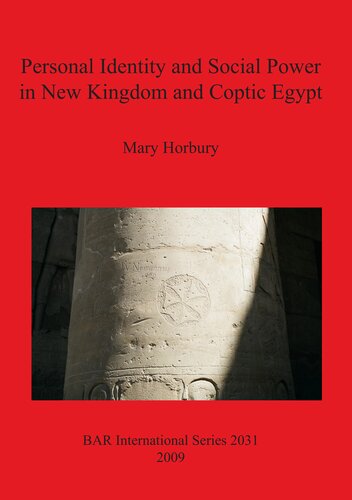

Most ebook files are in PDF format, so you can easily read them using various software such as Foxit Reader or directly on the Google Chrome browser.
Some ebook files are released by publishers in other formats such as .awz, .mobi, .epub, .fb2, etc. You may need to install specific software to read these formats on mobile/PC, such as Calibre.
Please read the tutorial at this link: https://ebookbell.com/faq
We offer FREE conversion to the popular formats you request; however, this may take some time. Therefore, right after payment, please email us, and we will try to provide the service as quickly as possible.
For some exceptional file formats or broken links (if any), please refrain from opening any disputes. Instead, email us first, and we will try to assist within a maximum of 6 hours.
EbookBell Team

5.0
20 reviewsThe continual question of why identities are imposed, why people are excluded and why the insupportable is supported forms the basis of this study. The author takes the apparently opposing contexts of New Kingdom and Coptic Egypt as prime case studies in which to look at how and why people manage to live under extreme centralisation and under its opposite, locally based power. Chapter One places the topic in its historiographical and theoretical setting. Chapter Two looks at statements of self emanating from the centre of power, and assesses their impact. Letters in Middle/Late Egyptian from royal and non-royal contexts are discussed. In Chapter Three the author contrasts the material from the preceding chapter with evidence from New Kingdom Memphis. Chapter Four contrasts the New Kingdom world, with its superficially centralized and strong state, with that of the Coptic period. Chapter Five assesses how far beliefs expressed in textual sources were reflected in the built environment.